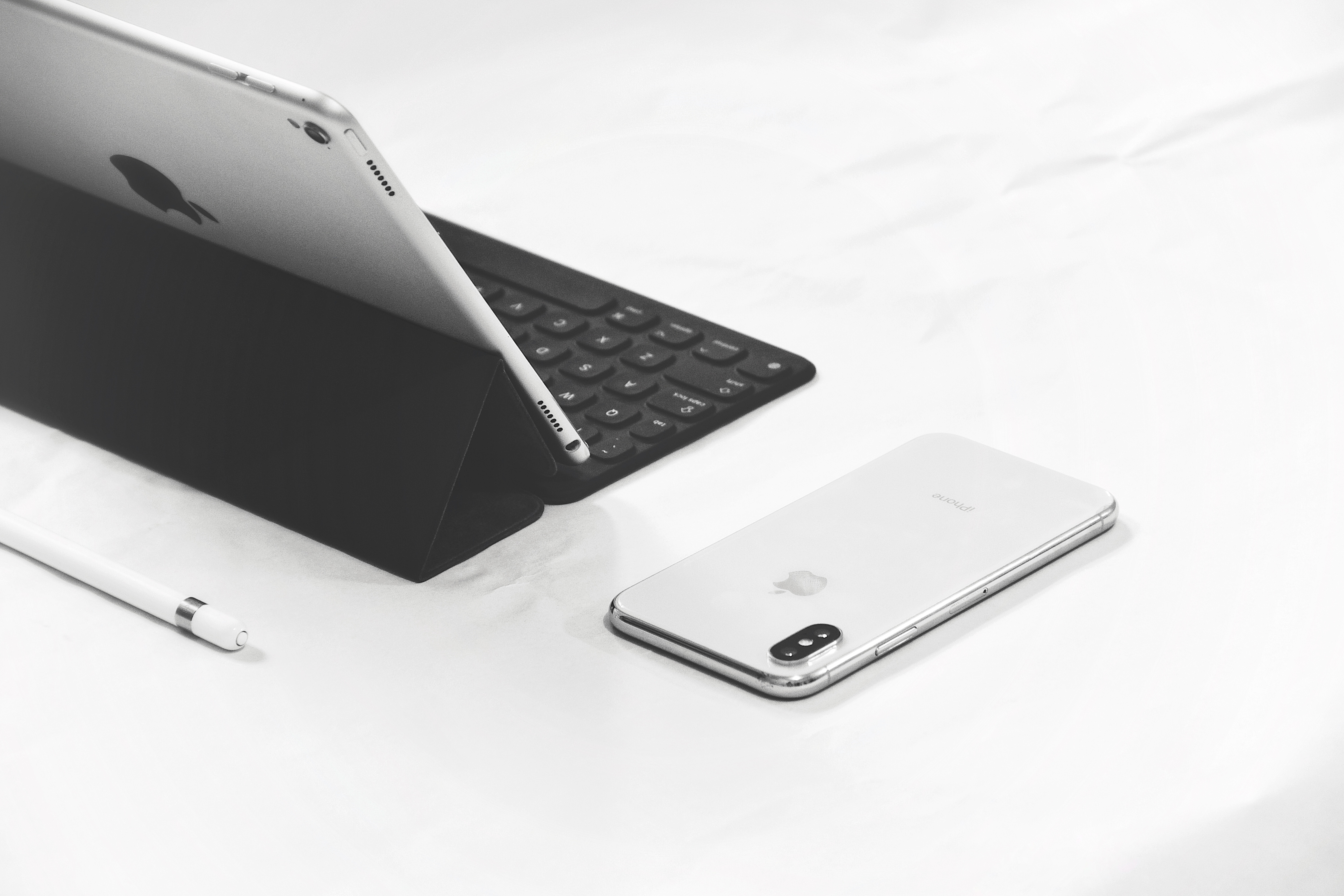The trade war between China and the USA continues to escalate – the latest bombshell: Google is withdrawing Huawei’s Android license and Apple is in the firing line.
The trade dispute between China and the USA is entering the next round. Donald Trump's latest decree forced Google to withdraw the Android license from Chinese smartphone manufacturer Huawei. This step will eliminate future Android updates on all Huawei and Honor devices. In addition, access to the PlayStore will be blocked. Now the new sanctions seem to be giving momentum to an old movement - "Boycott Apple".
Of feelings of guilt and bad conscience
While the iPhone manufacturer has so far been able to escape the effects of the trade dispute between the United States and China, things are now getting tighter for Cupertino. According to a new report from BuzzFeed News, Chinese consumers seem to be rallying against Apple on Weibo, among other places. The "Boycott Apple" campaign has been relaunched. Comments such as: "The features in Huawei are comparable to Apple iPhones or even better. We have such a good smartphone option, why are we still using Apple?"
Another user said he felt "guilty" watching the trade war unfold. He is planning to replace his iPhone with a Huawei device to get rid of his guilty conscience. This is not the first time that the "Boycott Apple" movement has gained momentum in China.
Apple shares under pressure
In December, it was reported that several companies in China had given iPhone users a choice. In such cases, the companies in question are said to have offered employees high subsidies for Huawei products as an alternative - anyone who did not accept had to leave. In response to today's events, Apple shares lost around 2.3 percent in pre-market trading in the US. Analysts are already warning of negative consequences - Apple suppliers could also suffer from the trade war. The experts at the major bank HSBC lowered the price target for Apple shares from 180 to 174 US dollars. If Apple is subject to punitive tariffs, this will lead to a price increase of around 14 percent - calculated on the iPhone XS - according to an estimate by JP Morgan.




